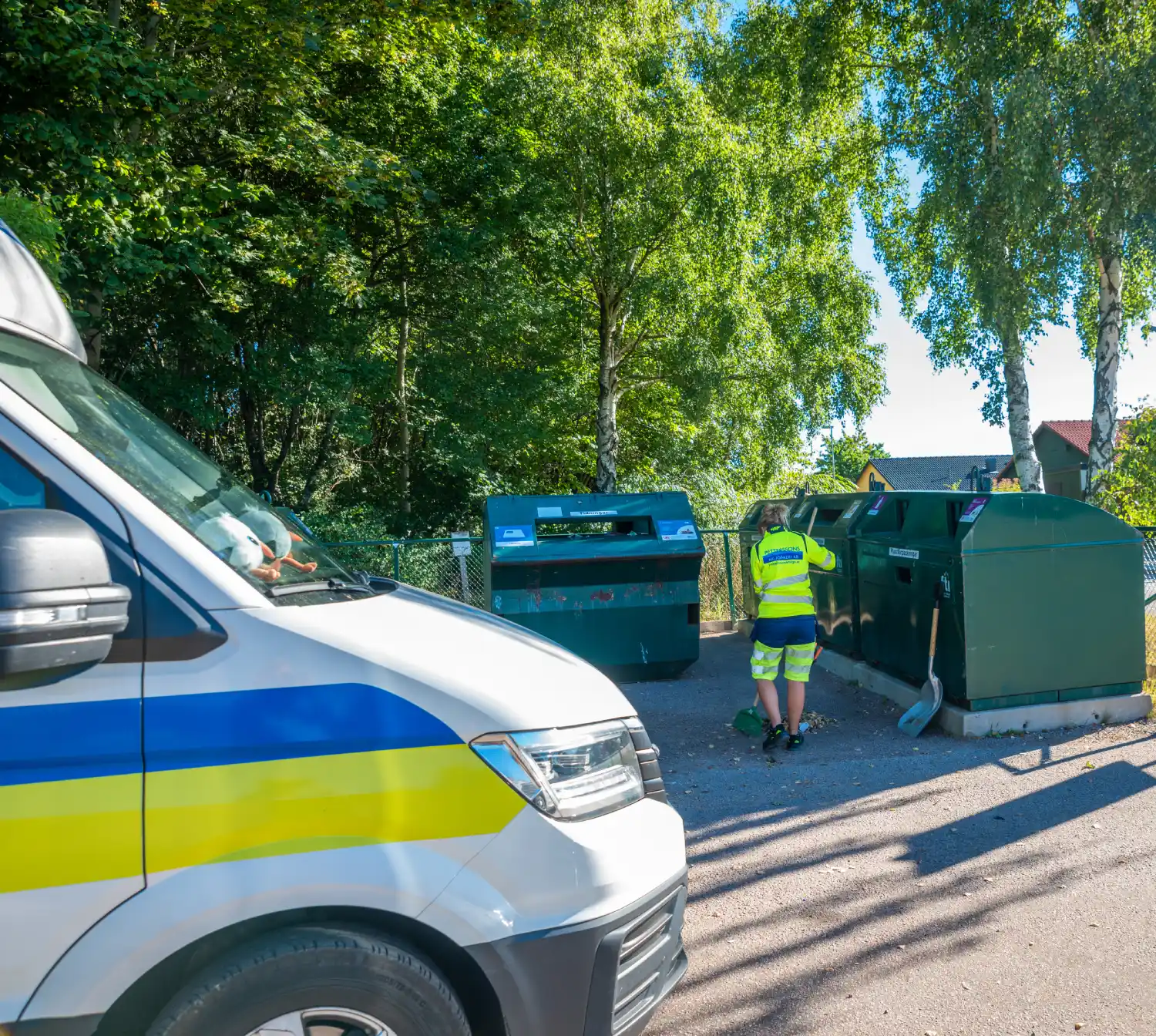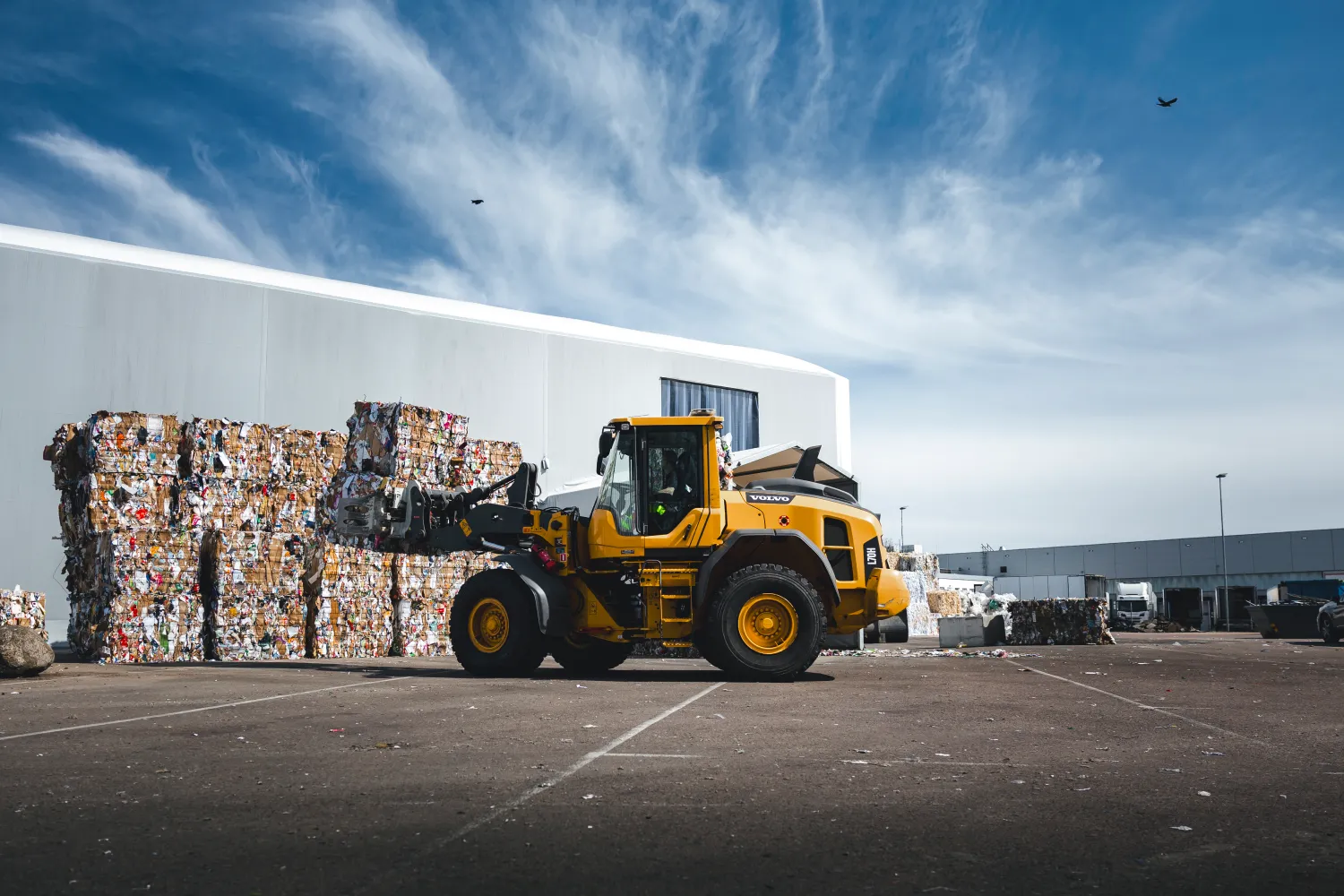Sweden's Waste Management System: Recycling with a Purpose
Sweden's Waste Management System: Recycling with a Purpose
Blog Article
Sweden has long been a chief in sustainable techniques, and its Recycling (Återvinning) trip is nothing lacking remarkable. From revolutionary waste management techniques to a nationwide cultural change, Sweden has altered the way in which it handles waste. The nation has turned trash in to prize by maximizing recycling attempts and harnessing spend as a valuable resource. This method not only reduces environmental impact but in addition plays a role in Sweden's ambitious alternative power goals.

Leading Recycling Costs
Sweden provides one of the highest recycling prices on earth, with around 99% of house waste being recycled or repurposed. The nation has created a sophisticated waste organizing program that means it is easy for citizens to split up recyclables, ensuring minimal waste ultimately ends up in landfills. That achievement is not the consequence of an individual plan but rather a thorough national energy, including a powerful infrastructure and the effective involvement of Swedish residents.
Waste-to-Energy Innovation
Among Sweden's most extraordinary techniques in spend administration is its waste-to-energy (WTE) model. As opposed to giving spend to landfills, Sweden burns up extra waste to create energy in the proper execution of temperature and electricity. This technique reports for around 50% of the country's waste, and the energy produced powers properties, firms, and also entire cities. The WTE design not only decreases landfill spend but in addition significantly reduces Sweden's dependence on fossil fuels, aiming with the nation's sustainability goals.
Prolonged Maker Responsibility (EPR)
A critical component of Sweden's recycling accomplishment is the implementation of Extended Company Duty (EPR). That policy needs makers to handle the recycling of these products and services and packaging. By shifting the duty to suppliers, Sweden has considerably paid down appearance waste and incentivized the progress of more sustainable products. EPR in addition has led to larger recycling rates, especially in industries like technology, presentation, and textiles.
Community Diamond and Education
The Swedish government areas a powerful increased exposure of educating its people concerning the significance of recycling. Public recognition campaigns inspire people to adopt responsible consumption behaviors, such as for instance lowering waste and recycling effectively. Colleges, media stores, and regional governments interact to advertise environmental stewardship, ensuring that recycling is element of daily life for Swedes of most ages.
Potential Improvements
As Sweden continues their recycling trip, the country is discovering new technologies to further improve waste management.

Conclusion
Sweden's recycling trip has made trash in to treasure, indicating that spend could be a useful resource when managed responsibly. Through large recycling rates, waste-to-energy development, and plans like Lengthy Producer Duty, Sweden has collection a worldwide example for sustainable spend management. With continued advancement and a tradition of environmental recognition, Sweden is positioned to stay at the forefront of the global recycling motion, featuring that the round economy is not just possible—it's the future. Report this page